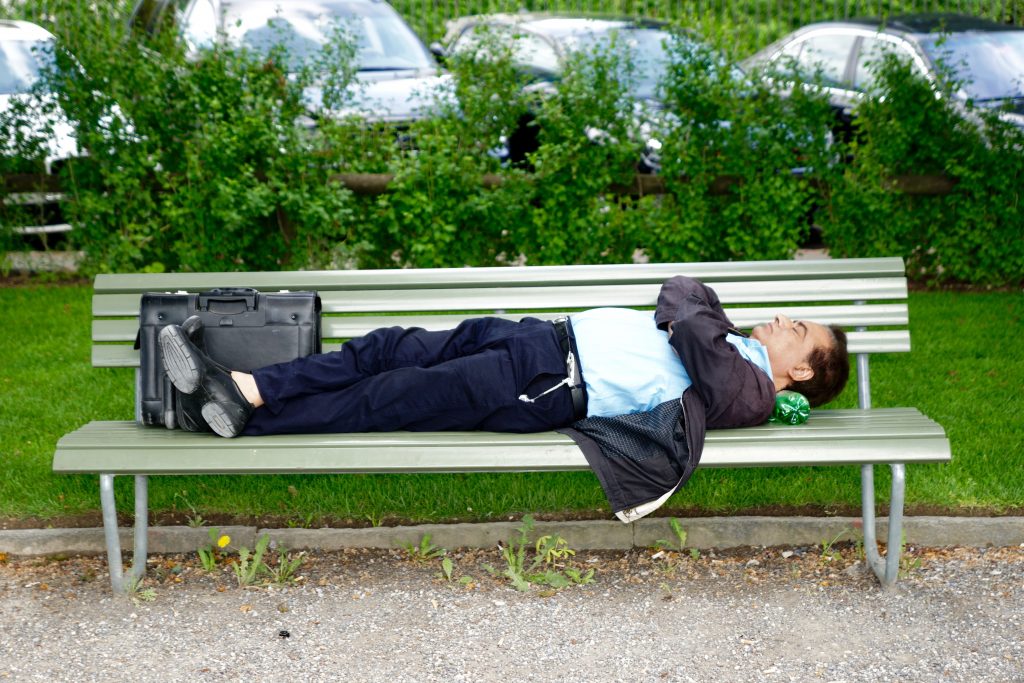Ah! sleep. You may love it or hate it however at the end of the day it is vital for your survival. In an attempt to monument this time consuming yet important activity in the human life-cycle – here are some great points about brain and sleep activities:

Brain and sleep activities that you never knew:
1.) If you sleep for 8 hours a day – that equates to 229961 hours in your lifetime. This is approximately 1/3 of your life spent sleeping.
2.) The human brain has a biological clock that is capable of synchronizing your sleeping patterns. If used correctly, you can get to bed on time and wake up without the aid of an alarm clock. In fact, scientists have carried out experiments with people in caves. The studies show that even when humans are not familiar of what time of day it is, they still follow typical brain and sleep patterns i.e. sleep at night and wake up at the rise of dawn.
3.) You can shift your brain and sleep patterns when travelling by using the sun to reset your internal clock. A general rule can be: when traveling westward, expose yourself to light in the late afternoon and evening, and avoid light in the morning as much as possible. When traveling eastward apply the converse of the above rule.
4.) If you miss sleep for several days, your brain and sleep patterns will include a phenomenon called microsleep. The phenomenon results in the brain shutting off for a few seconds at a time.
5.) There is brain condition called fatal familial insomnia which essentially results in sufferers being unable to sleep in their adulthood. The condition eventually leave it’s sufferers in a state of hallucinations, exhaustion and dementia resulting in eventual death.
6.) The following are some effects of short-term sleep loss:
- Reduced attention span
- Slower reaction times
- Affects moods since the brain loses it’s ability to control emotions
- Increase in weight gain as a result of appetite increases
7.) The brain goes through a sleep cycle that typically lasts about 90 minutes. This cycle is repeated about 4 times each night. The following are the four stages expected:
- Stage 1: drowsy semi – conscious stage
- Stage 2: light sleep – brain activity slows down
- Stage 3: Transition period to deep sleep
- Stage 4: Deepest stage of sleep – heartbeat and blood pressure slow. This is often where sleepwalking and sleeptalking strike
8.) The secret to a good nap is to break it off before you get to the deepest part of the sleep cycle i.e. stage 3 0r 4 . As a rule of thumb, 20 minute naps should do the trick as it puts you in a trans-like state as opposed to a deep sleep.
9.) REM sleep is the stage during which dreams occur. Your body becomes paralyzed during this stage to prevent you from enacting your dreams.
10.) REM sleep improves procedural memory which is essentially the how-to knowledge used to do practical activities. This explains why you would find it difficult to play the guitar today but will get much better at it a few days after playing.
For a deeper understanding of the human brain and all it’s mysteries read the post: Unraveling The Mysteries Of Human Brain





